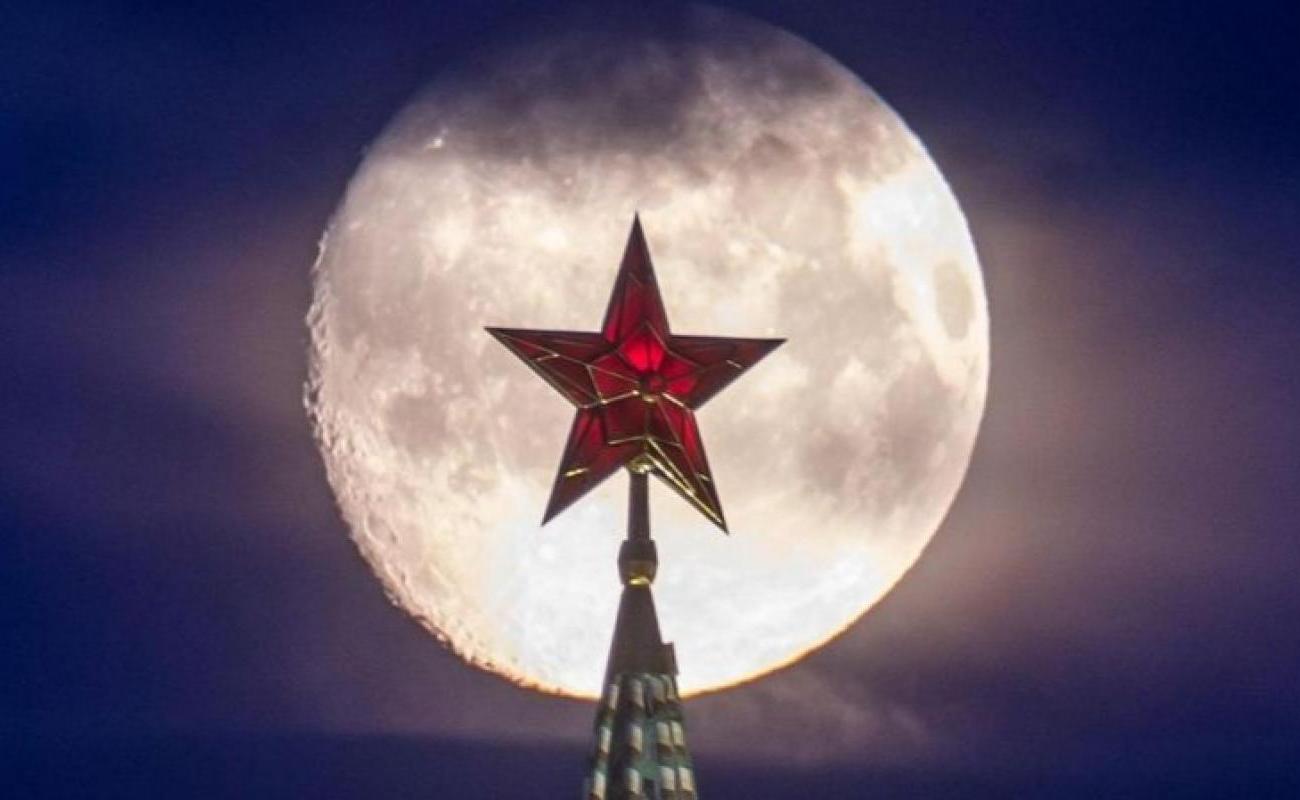What other cities does Russia want to occupy in Ukraine and what is it planning next?

Russian authorities intend to extend the war at least until 2026, writes the German edition of the Bild newspaper, citing its intelligence sources.
As reported by Bild, Putin is counting on the reduction of Western support for Ukraine. In addition, the Russian authorities plan to simulate the desire for negotiations, but in reality the Kremlin will not negotiate with the Ukrainian leadership and is developing a new medium-term war plan.
A German publication described these plans of the Russian leadership as follows:
By the end of 2024, the Russians plan to completely occupy the Donetsk and Lugansk regions and reach the Oskol River in the Kharkiv region.
They plan to reach the Dnieper by the end of 2026, occupying a significant part of the regions of Zaporozhye, Dnipropetrovsk and Kharkiv, including the cities of Kharkiv, Dnipro and Zaporozhye.
"The Russian Federation plans to occupy all the eastern territories to the left of the Dnieper within three years," the Bild source said. "After that, the river will become the new front line".
"Putin still wants to conquer Ukraine."
The Russian army attacks in several directions at once
Currently, Russia controls about half of Donetsk and 95 percent of Luhansk Oblast. Major cities such as Kramatorsk, Slavyansk and Pokrovsk remain under Ukrainian control. The Kremlin expects the situation to change by the end of 2024, according to the text published by Bild.
According to the same data, Russia does not have very big ambitions when it comes to the south of Ukraine.
In the direction of Kherson, it is planned to maintain defense lines along the Dnieper without advancing on the right bank to Kherson or Odessa, writes Bild, noting that Moscow's only concern here is to prevent Ukraine from advancing towards Crimea.
According to intelligence, the Russian plan is based, in particular, on assumptions that the Russian military economy will grow and be more efficient.
Putin is ready to lose up to 100,000 soldiers in Ukraine every year. The Russian president also expects that a president will come to power in the United States of America who will drastically reduce or completely stop military support to Ukraine.
In addition, according to the latest intelligence, Russia sees no contradictions between negotiations with Ukraine and further military advances.
"Just like in 2015, the Kremlin is relying on fake negotiations," warns the author of the article in Bild, referring to his source.
He reminds that at that time Putin was negotiating "peace" with Angela Merkel in Minsk and then his army occupied ten villages and the strategically important town of Debaltsevo.
"If the Ukrainians do not receive weapons and ammunition from the West, the Russians will be able to achieve their extremely ambitious goals," Italian military expert Thomas Tyner confirmed for Bild.
He recalled that Russia never deviated from the original plan to take control of a large part of Ukraine.
German military expert Nico Lange is also convinced that Russia's military goal is to advance further and, in the long term, occupy a large part of Ukraine.
"Ukrainians will be able to stop this plan only if they are supplied with weapons unhindered," emphasizes Lange.
Peace proposals are only an illusion
The author of the text reminds that only during the weekend, the representative of the Russian Ministry of Foreign Affairs, Maria Zakharova, called on Ukraine to "recognize new territorial realities", stop hostilities and "leave Russian territories".
This means giving up thousands of square kilometers of Ukrainian land, which, according to Russian interpretation, now belongs to Russia, after Russian authorities carried out an illegal annexation last fall.
But new intelligence shows that Putin's "thirst for new countries" goes far beyond these five regions. Therefore, Zakharova's words were just a cunning move, designed to promise Ukraine and the West "cessation of hostilities" after the satisfaction of these territorial demands of the Russian Federation, the publication summarizes.
On December 14, Russian President Putin called Odessa a Russian city at a press conference during which he also answered questions from Russian citizens. Putin also emphasized that the southeast of the Ukrainian territories has always been pro-Russian and that neither Crimea nor the Black Sea region have anything to do with Ukraine.
